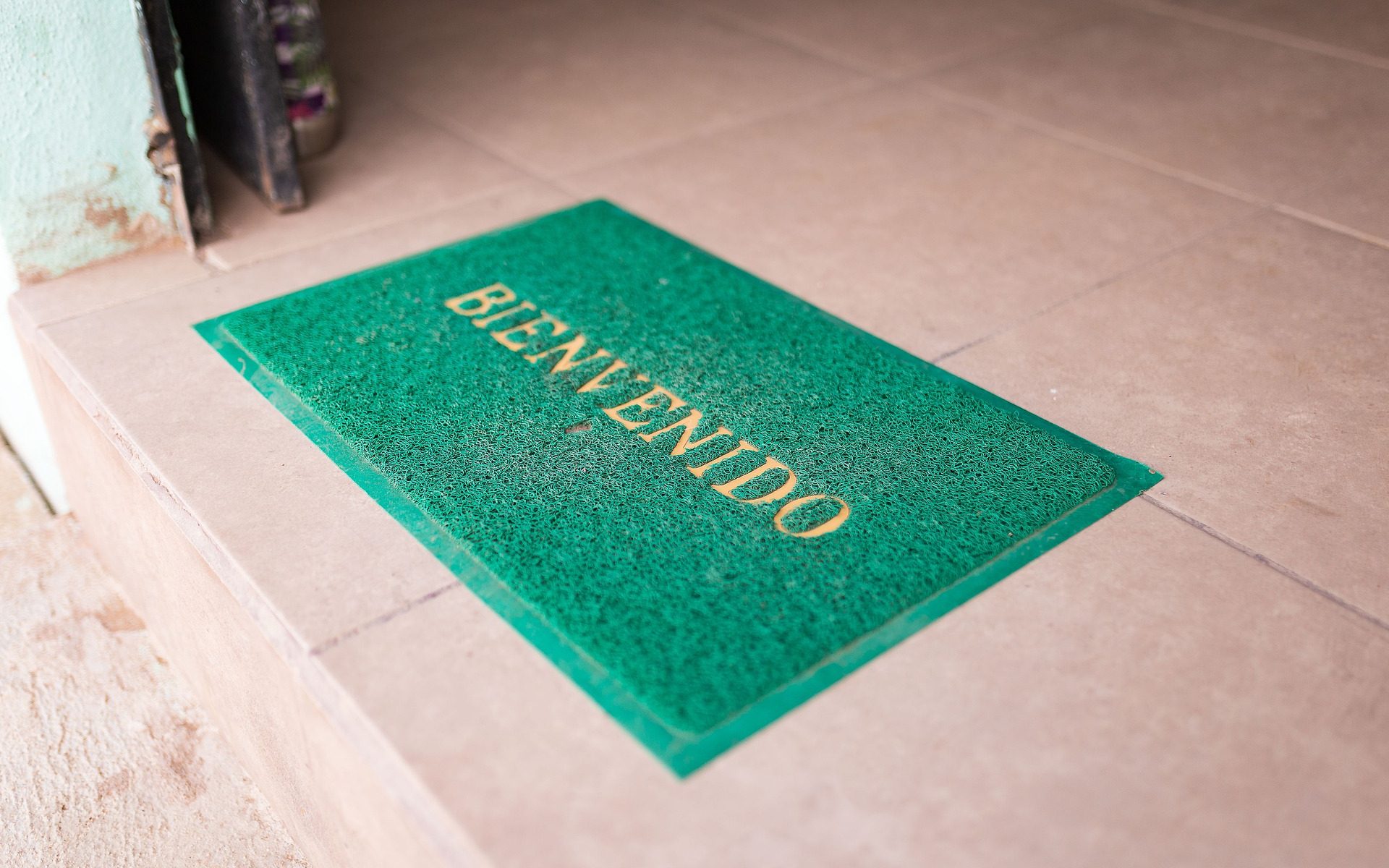Feminine noun. This term has many meanings. Let’s see the ones that may be of interest to us.
1. Authorization given by the doctor for the reinstatement of a patient to ordinary life and also the documents that attest the discharge. We also call it el alta médica. The lexical locutions here are dar el alta (médica) de (el hospital/la clínica) and recibir el alta.
2. Act in which the taxpayer declares to the Treasury the exercise of industries or professions subject to tax. The lexical locution is darse de alta en and dar de alta en E.g.: Me di de alta como autónomo en la oficina de impuestos: I registered as a freelancer at the tax office; La oficina de impuestos me dio de alta en el sistema en enero de 2005: The tax office added me to the system in January 2005. In this case, the tax form to register in an industrial or professional activity is also called el alta.
3. Registration of a person in a service, professional body, association, etc., and the document that accredits such registration. The lexical locutions are also darse de alta en and dar de alta (en). E.g.: Si usted quiere darse de alta en el servicio puede hacerlo desde aquí: If you wish to register with the service, you can do so from here.
Note that the singular determinate and indeterminate articles we use with alta are always the masculine el and un: El alta, un alta. This is because of the combination of two reasons: 1. Alta is a feminine noun starting with a tónica (with the stress in the a); 2. In Spanish we do not have apostrophe. In the plural form the articles revert to the feminine form: las altas, unas altas. In amiga, we say la amiga because the stress is not in the first ‘a’ but in the ‘i’.
Remember, alta is always a feminine noun, even with the masculine article in front of it. E.g.: El alta médica. As far as I know, in Spanish we have just one word which is masculine in the singular and feminine in the plural; arte: el arte español del Siglo de Oro, las Bellas Artes.
La palabra del día: Razón social
Singular feminine noun. Name with which a commercial entity or business is legally registered.
The razón social will also have a different suffix depending on the type of commercial company in question. For instance:
Sociedad Anónima: it has the suffix S.A. in their company name. or SA.
Sociedad de Responsabilidad Limitada: it has the suffix S.R.L. or SRL.
Sociedad Colectiva: it uses the suffix S.C. or SC.
Sociedad Comanditaria Simple: this type of partnership uses the suffix S.Com or SCom.
Sociedad Cooperativa: Cooperatives carry the suffix S. Coop.
E.g.: Efectos de cambiar la razón social en las obligaciones laborales: Effects of changing the company name on labor obligations.
The term razón social is used exclusively in a Legal and Business context and I have no idea why we call it this way. It sounds weird even for us. If you know the answer, please let me know and I will quote you here. dc
La palabra del día: Eximir
Verb. To free, get rid of burdens, obligations, cares, guilt. E.g.: UE aprueba eximir de IVA a los bienes que la Comisión distribuya en pandemia: EU approves exempting from VAT the goods that the Commission distributes in a pandemic.
The noun is la exención or, if you are really a purist, la eximición. E.g.: Unos 1500 comercios podrán pedir la eximición de pago de Tasas Municipales en General Pico mirá como inscribirte: About 1500 businesses may request exemption from payment of Municipal Taxes in General Pico: see how to register. dc
La palabra del día: Prelación
Feminine noun. Priority or preference with which something should be attended to with respect to something else with which it is compared. If you asked me what is the difference between prioridad and prelación, my first thought would be that prelación is more common in legal context because the term prelación implies the idea of order. What I mean is that I would use prelación when I am speaking about a list.
The adjective is preliminar, and the adverb, of course, preliminarmente. dc
La palabra del día: Umbral
Masculine noun. Formerly lumbral, from the Latin limes, border, house border. This term has mainly two meanings: 1. in general Spanish it is the lower part or step in the door or entrance of a house or building. E.g.: Fitz se detuvo en el umbral: Fitz stopped in the doorway. 2. In Economics and Mathematics, umbral is the minimum value of a magnitude from which a certain effect occurs. E.g.: Una familia necesitó 66.500 pesos para superar el umbral de pobreza en junio: A family needed 66,500 pesos to overcome the poverty threshold in June. dc
La palabra del día: Ahorrar
Verb. To save money, energy or any other fungible goods as a forecast for future needs. E.g.: Si el mundo ahorrase 20% de la energía que usa para iluminar los hogares, las oficinas y las calles, podríamos ahorrar…: If the world saved 20% of the energy it uses to light homes, offices and roads, we could save.
The noun is el ahorro. dc







